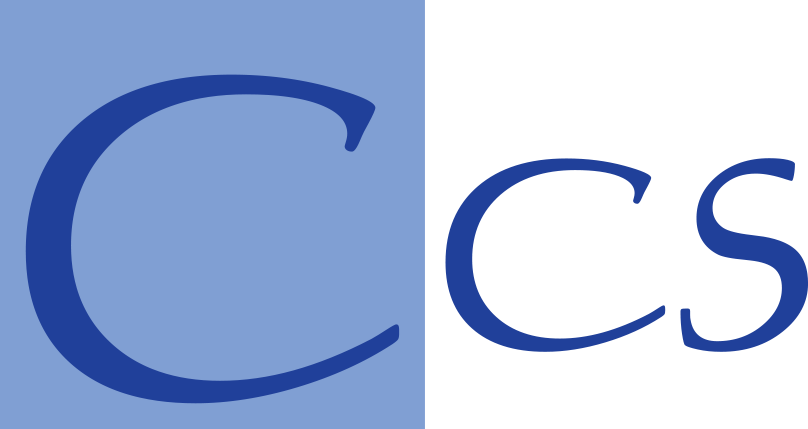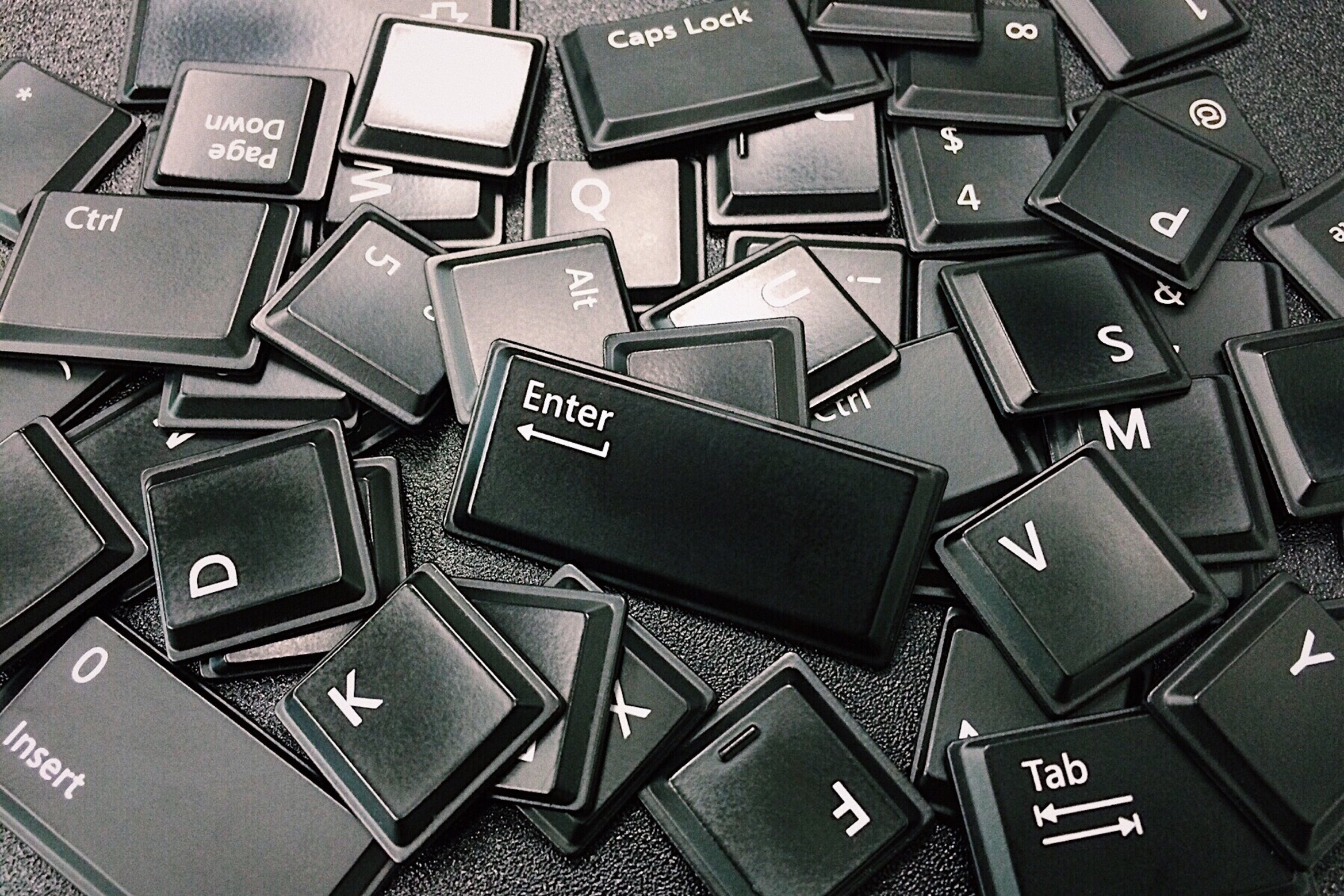Here we are, in 2023 and progress notes still don’t write themselves. All joking aside, if you are a therapist you have probably struggled with getting your notes done in a timely manner at least once or twice.
It’s likely you have the best intentions. You’ve heard the many sayings; “notes must be done in 24 hours,” “if it isn’t documented it never happened,” “if you get in a car accident on your way home, your sessions will never be documented.” Maybe the last one is a bit extreme, however, I was literally told that multiple times in the past by superiors.
Long story short, you know your notes need to get done and it’s still sometimes a struggle to make that happen. In this post I’m going to share some tips to make that a bit easier while validating your experience. Progress notes aren’t the most fun part of our job, though they certainly are important.
Know How to Write a Good Note
Being a great therapist does not mean you are a great documentor. I went to an amazing graduate program, and what I learned there has helped me a lot throughout my career. However, I didn’t learn much about how to write a quality progress note.
If you are writing really long notes it’s likely because you don’t know what needs to be in there. I have been there. You aren’t quite sure what to write, so you write it all. This isn’t a great idea and will also make completing your notes daunting and overwhelming.
I recommend taking some continuing education courses on how to write clear and concise notes. It is important to document medical necessity and the trajectory of your client’s treatment. You want to have a clear picture of what is going on for them clinically, however, you don’t have to write everything they say verbatim. In fact, this may even jeopardize some of their confidentiality.
If your client wants their records to be sent to another provider, such as their psychiatrist or physician, they likely want them to know about their symptoms, not what they deeply feel toward their mother. A great deal of what your clients share with you is meant for your ears only and not other providers.
When you make your notes clear, concise and medically necessary they are easier to do. This can make completing them in a timely manner far more attainable.
Create a Schedule
You schedule a time to meet with your clients, so schedule a time to complete their note as well. Oftentimes we leave it to be done later though we rarely define what “later” actually means.
Define your later. Create time in your schedule to do your notes and stick to it. Both pieces are important. If you schedule a time to do your notes and watch TikToks instead, this tool is absolutely useless.
It is important to create a schedule that works for you as well. If you decide you will write all your notes the morning after and you often struggle to complete work first thing in the morning you are likely setting yourself up for failure.
If you read my post called “A Day in the Life of a CSS Contractor,” I shared about my day as well as when I completed notes. I am NOT a morning person, so for me I prefer to do my morning notes right before my mid day break and then the notes for my evening sessions before I finish my day. This schedule worked really well for me. Pick a time that will work for you and then you can work toward implementing your plan.
Limit Distractions
Identify what gets in the way of you completing your notes and develop a plan to manage them! There are so many things we can be distracted by and they all vary from person to person, setting to setting. There are different distractions if you are working in an office with others, by yourself, or from a home office. Identify what gets in your way and minimize what you can.
I get distracted by my phone and work emails. When I am working on progress notes I flip my phone over and don’t look at it until they are done. I realize I could easily flip it back over, though I find the back of my phone case to be a powerful reminder that I am NOT supposed to be reaching for my phone. Find what works for you.
Don’t Make Excuse, Wait or Procrastinate
Easier said than done. It is difficult to challenge yourself when an excuse seems valid, it’s easier to just plan to do things differently next week, and avoid committing to making a change. Don’t do that.
Commit to making a change today, you don’t have to wait until Monday to start anew. Every moment is an opportunity to do something different, to do better. Seize it!
If you are reading this post, you are likely having trouble with completing your notes in a timeframe that works for you. You aren’t alone, as we all struggle with this from time to time (or will later on if you’re a magical unicorn therapist who has always gotten their notes done easily in a timely manner.)
No one is saying your experience isn’t valid or that it’s easy to make a change, I am simply saying don’t let excuses and procrastination keep you from improving.
To Sum It Up
Though they are important, progress notes aren’t the best part of what we do. The work we do with clients is vital, so be sure that you are documenting your work together, painting a picture of the growth and progress that’s happening. Make sure you don’t spend too much time or paint a picture with too much detail!
Learn how to write a quality, concise note that includes all the necessary details and not a lot of extras. Create a schedule for writing notes that works for you. Limit distractions so that you can focus and complete those quality notes. And don’t procrastinate, make a change to today.
As therapists we have the skills to make change, though it can be difficult to implement them into our own lives. Especially when we have things going on in our lives that prevent us from being at our best. Sometimes it can be easier to be present with clients than it can be to be present for documentation. If this is an added layer of complication for you, be sure to take care of yourself. You matter.
Practice what you preach, my therapist friend. See you next time.
*If you are interested in becoming an independent contractor with CCS and you are a licensed therapist in North Carolina, send your cover letter and resume to the following email: Applicants@CarolinaCounselingServices.com


